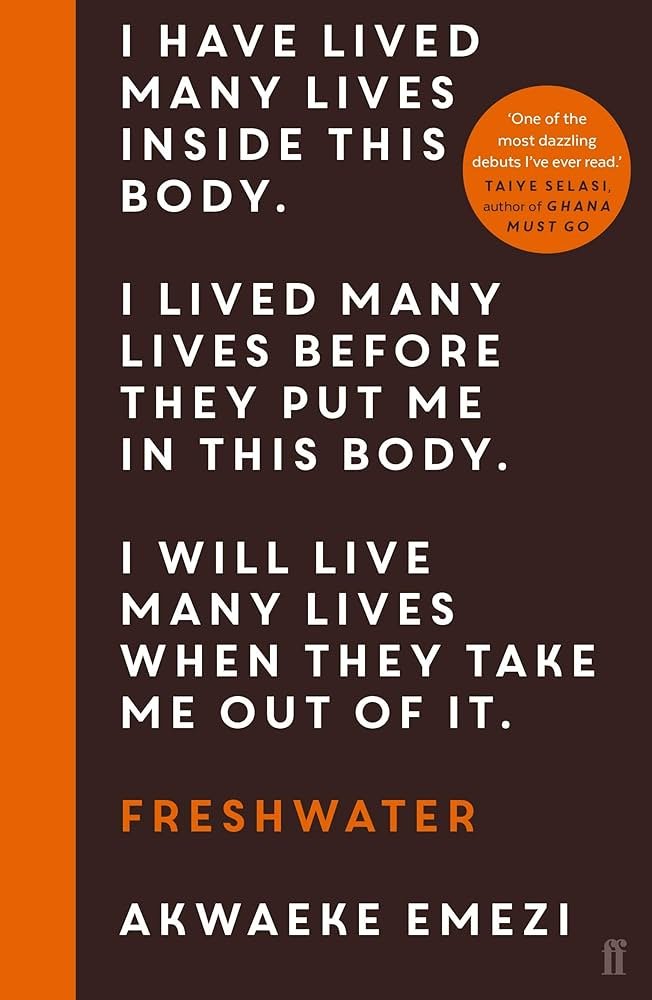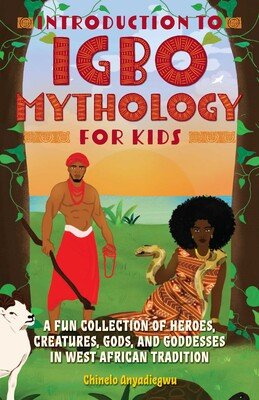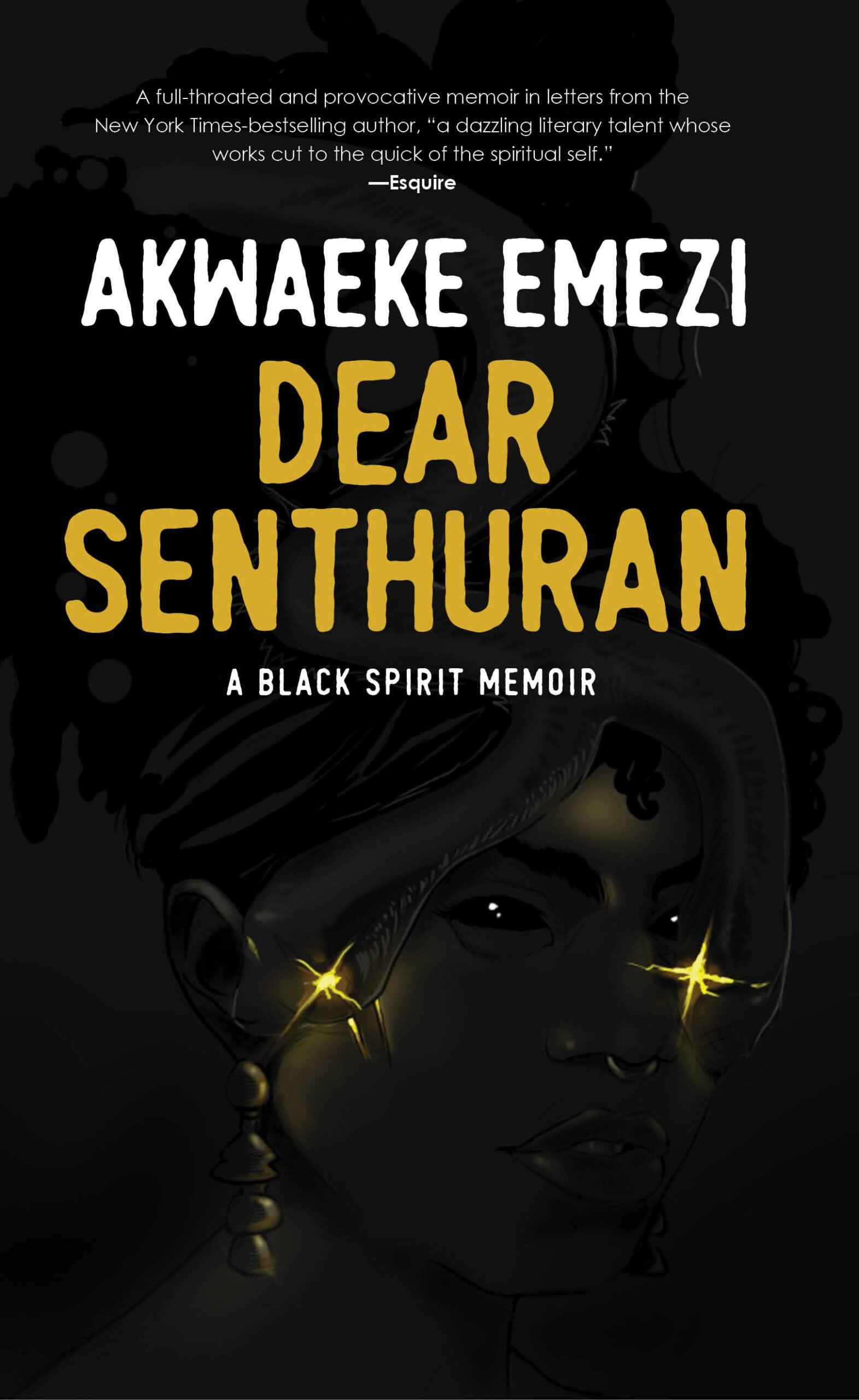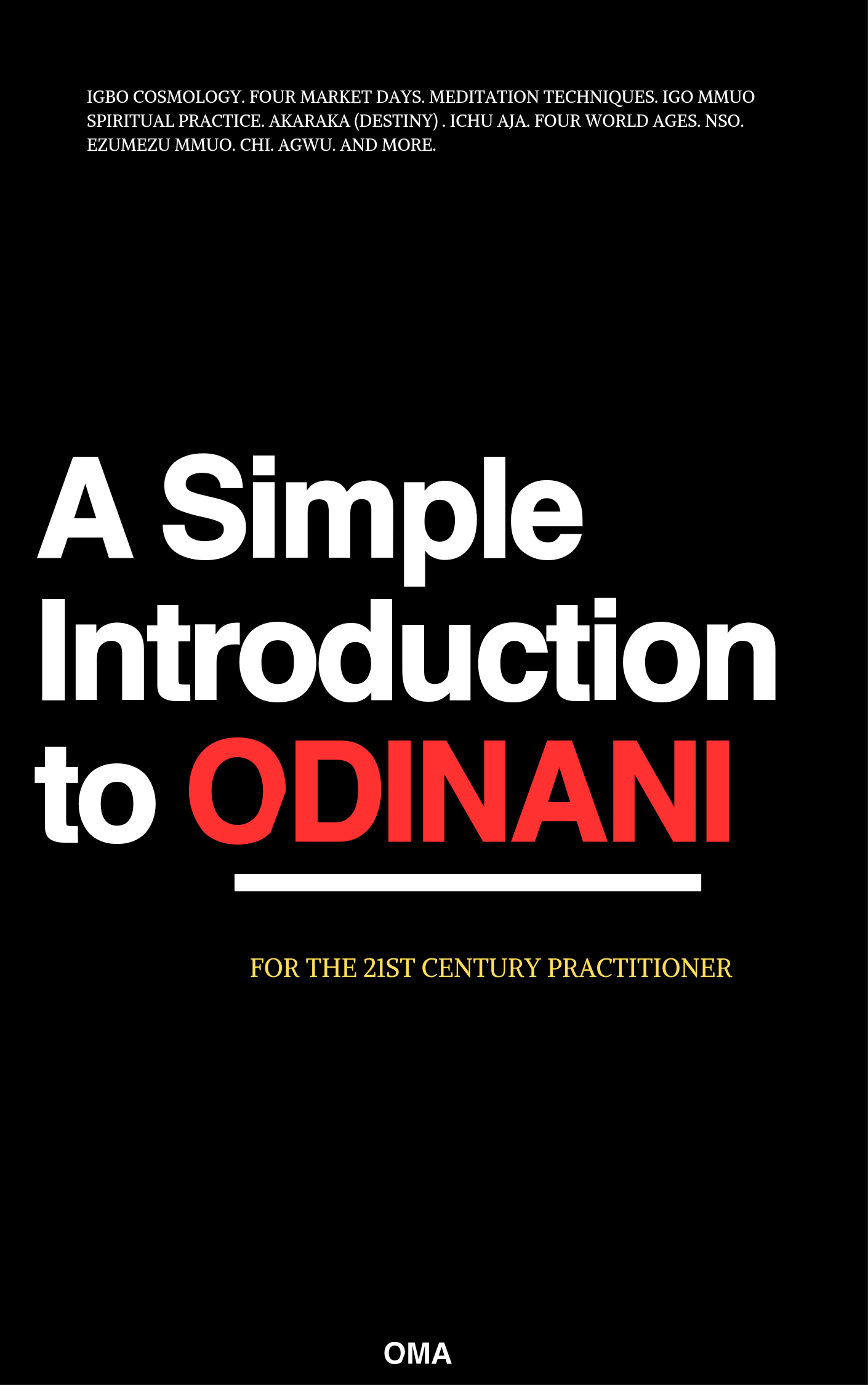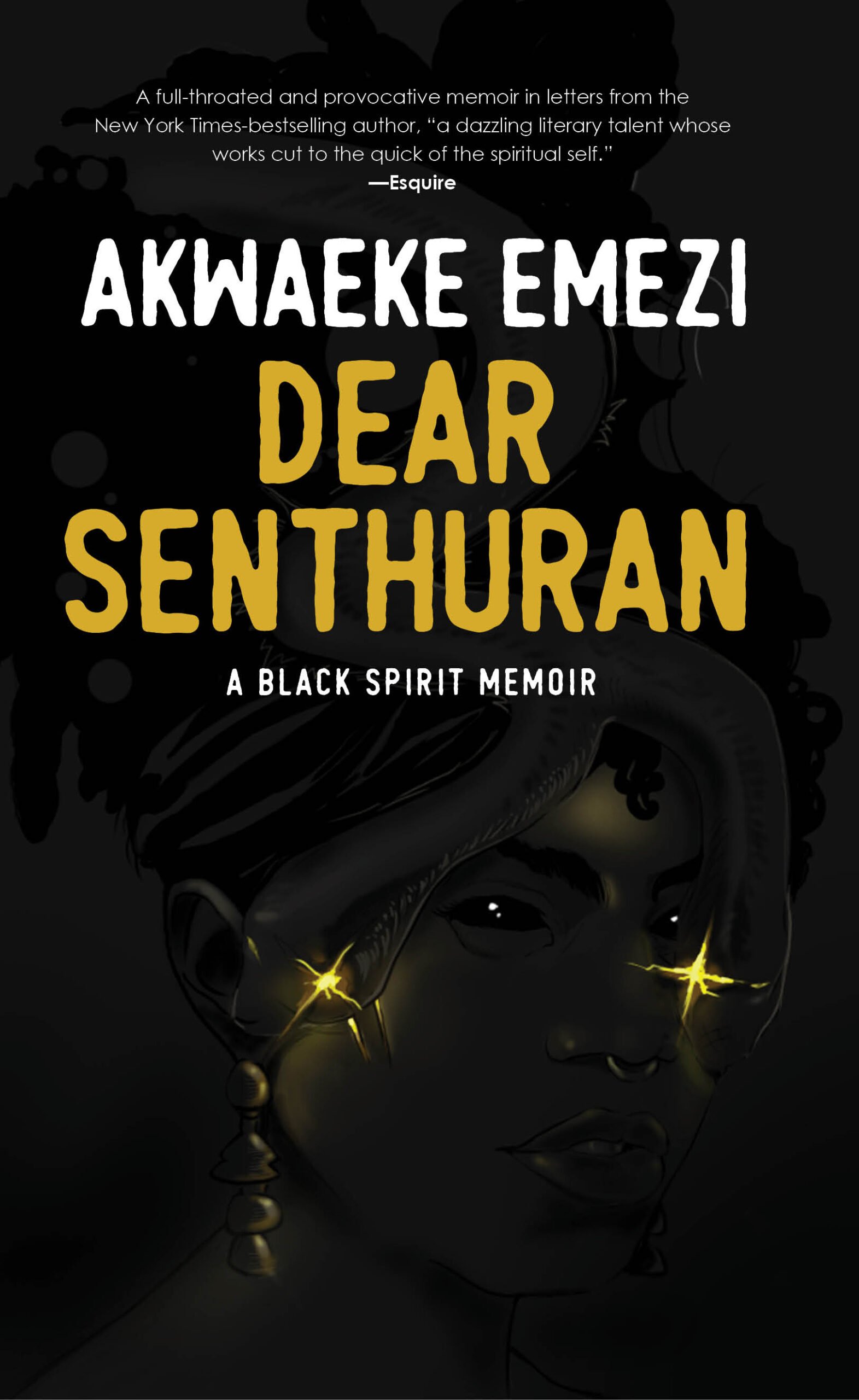Things Fall Apart by Chinua Achebe (Book Review)
This is my favorite Chinua Achebe’s book of all time. I mean I have read many of his books, but this one tops them all. It's a powerful debut novel.
Published in 1958, the novel has been translated into more than 50 languages and has sold more than 20 million copies.
Set in the pre-colonial Igbo society, this is a thorough and important introduction into the Igbo spirituality and mythology.
I am an Igbo myself, but this book is a first major eye opener about the Igbo people and how they existed before the coming of the colonial masters.
For the sake of this review, I will be touching some aspects of the book; the plot, themes, characterization.
Blurb
A simple story of a "strong man" whose life is dominated by fear and anger, Things Fall Apart is written with remarkable economy and subtle irony. Uniquely and richly African, at the same time it reveals Achebe's keen awareness of the human qualities common to men of all times and places.
The Plot
Things fall apart is a book about a man, Okonkwo, who strives for success and fame. For him, a real man is one who is strong and can show for his strength through the number of wives he has, the farmlands he cultivates, and his show of physical strength like winning in wrestling contests.
According to the book, “Okonkwo was well known throughout the nine villages and even beyond. His fame rested on solid personal achievements. As a young man of eighteen he had brought honor to his village by throwing Amalinze the Cat. Amalinze…”
Being a patriarchal society, physical strength is the top requirement of being a real man in Umuofia, and that is why Okonkwo greatly despises his father, Unoka. To him, the worst thing that can ever happen in his life is to be attributed to his father, because he's as lazy as they come.
Unoka doesn't care for strength or labor. All he does all day is play his ọjà and drink wine and enjoy the good life. And so, Okonkwo would live all his life trying to be what his father isn't. He would go on to achieve great things and bring honor to his clan.
However, things would start to fall apart when Ikemefuna comes to live in Okonkwo’s house. Because his kinsman kills a native of Umuofia, and to appease the anger of the people of Umuofia, he is sent to live in Okonkwo’s house pending the time they decide to get rid of him.
Because Okonkwo has been living all his life in the fear and terror of being likened to a coward, he doesn't seize to take any opportunity to show off that he is not. And that is why even Ogbuefi Ezeudu clearly warns him that, “that boy calls you father, do not have a hand in his death,” and when Ikemefuna runs to him for safety, crying, “father, they have killed me,” he doesn't hesitate to slash his neck.
The Igbo society that exists in this book is acephalous, which succinctly confirms the assertion of ‘Igbo enwe eze.’ The concept of kingship is foreign to Ndị Igbo, and that is why it is said that the Igbo man doesn't bow down to anyone apart from his chi.
Now, the ‘Chi’ is someone's personal spirit, more like a guardian spirit. It is believed that a person's destiny depends on what they agree on with their chi. In Igbo we say, “onye kwe, chi ya e kwe.” When one agrees on something, their chi also agrees.
Also, “ometere ma chi ekweghị, onye ụta atala ya ụta.” This means that one can struggle to make things go their way, but if their chi doesn't agree, then it would never go their way.
The council of elders is the closest thing the Igbo people have to kingship. And that is why in the book, for any decision to be taken, there must be a meeting with all the elders, including the eldest man in their clan, Ogbuefi Ezeudu.
The Igbo people already have a running system of living. During the rainy seasons, everyone and their households cultivate their food, and during the dry season, they harvest their produces.
In the book, the reader will be introduced to the various festivals that Ndị Igbo celebrate, including the new yam festival.
So, when the colonial masters come to Umuofia with their gospel of Jesus Christ, everyone is confused of this new religion. And religion being the opium of the masses, does its job of intoxicating the villagers, in that the community is thrown apart and the center can no longer hold.
Characterization
OKONKWO: He is the tragic hero of this book. I used to dislike his character so much for being proud, arrogant and pigheaded, but growing up, I think I understand him a bit better.
For me, Okonkwo is a victim of circumstance. As a child, he watches his father lazy about, drinking and adding no value to his life. At that time, it is unheard of that a man would not be a man and cater for his family.
So he promises himself not to be anything his father is. And I think he is never content or happy. Because his life revolves around proving a point, rather than actually living, he is never satisfied. He always pushes himself and family to work harder and harder. He does anything and everything to show his strength and to prove he isn't like his father. He even beats his wives to exert his authority.
And that is why he is disappointed with his son, Nwoye, who instead of being like him, chooses to dance and play with women. And ultimately decides to join the white men in their religion.
He is so carried away in his quest to prove himself a strong man that even when Ezeudu warns him of not staining his hands with Ikemefuna’s blood. I mean, the boy already calls him father, so why would he have a hand in the death of his son?
But he needs to keep reassuring himself of his strength which causes his own harmatia and hubris. The moment he takes Ikemefuna’s life is the moment things start to fall apart for him.
He mistakenly releases a bullet during a burial and kills the son of the deceased. For some people, this is Ikemefuna’s blood seeking vengeance. And so Okonkwo would go for an exile. In Igbo, we call it ‘ịgba ọsọ ọchụ.’
It is a taboo to take a life in Igbo land. And when you do that, mistakenly or otherwise, you must leave the land for cleansing.
So Okonkwo would run and seek refuge in his mother's hometown.
UNOKA: I think Unoka is a highly misunderstood character. People view him from Okonkwo’s lenses and despise him for being lazy. But all I see is a man that just wants to be himself the best way he knows to be.
I think Unoka would thrive in entertainment if he exists in this generation. He's just a man ahead of his time. The Igbo people say ‘e keru ọrụ e ke.’ this means that everyone has their own role to play in this life.
For someone like Okonkwo, he derives joy from his display of strength. However, on the contrary, Unoka derives joy from the simple things of life; drinks, music, laughter. He doesn't interest himself in anything that demands physical strength. And so he would live and die a happy man.
I think Achebe tries to portray the heterogeneity and diversity of human beings. ‘ofu nne na amụ mana ọ bụrọ ofu Chi na eke.’ this means that everyone has their own chi, irrespective of coming from the same family. So people should be allowed to live as they please, no matter what the society dictates.
IKEMEFUNA: He is the little boy that comes to live with Okonkwo, after his kinsman killed an Umuofia woman. Okonkwo really likes and dotes on him like his own son, because he sees himself more in Ikemefuna than Nwoye his own son.
He also loves Okonkwo so much to the extent that he calls him father. He doesn't deserve his tragic end.
OBIERIKA: He is Okonkwo’s best friend. I love their bond and friendship. It is important to have someone on your side, no matter what. And in this book, Obierika is that person for Okonkwo.
He is the one who tells him that the white men have infiltrated their land.
Themes
THE SIGNIFICANCE OF THE MOTHER'S HOMETOWN: Igbo land might be a patriarchal society, but the role of mothers cannot be overemphasized. An Igbo adage says, ‘ọsọ chụba nwa dịala, ọ gbaga ikwu nne ya.’ When something chases a man, he runs to his mother's hometown.
Okonkwo affirms this saying in this book when he runs to his mother's hometown during his exile. No matter what you're facing, your mother's home is always ready to welcome and embrace you as their child.
THE CONCEPT OF OGBANJE AND IYI ỤWA: Ekwefi, one of Okonkwo’s wives, has suffered a lot in her life, because of Ezinma her daughter. She's an ogbanje, a child that dies and is reborn.
It is believed that an ogbanje is a child that suffers their parents. Because they never stay alive. They're born, but then after a while, they will die and be reborn again.
I never really understood the concept of ogbanje until I read this book. It is believed that the ogbanje comes from the water. And as such, they have their ‘iyi ụwa,’ which is the oath they bury someplace only they know.
An ogbanje who reveals where their iyi ụwa is, is one who wants to stay with their earthly parents. And in this case, Ezinma would be begged and pampered to reveal her iyi ụwa. A Chief priest digs up the iyi ụwa, which is the connection she has with her spirit kindred. And once it is destroyed, she doesn’t die prematurely again.
RELIGION AND THE FICKLENESS OF HUMAN BEINGS: When Obierika visits Okonkwo during his exile, he says, “Have you heard,” asked Obierika, “that Abame is no more?”
“How is that?” asked Uchendu and Okonkwo together.
“Abame has been wiped out,” said Obierika.”
Okonkwo doesn't understand that time would always make the change, and that human beings are fickle and are quick to change their stance when posed with danger.
When he returns to Umuofia, he doesn't believe the kind of changes he meets. Everyone has become either afraid or loyal to the white man and his religion. And when he fights a white man and thinks his people would have his back, everyone deserts him. And that is when he realizes that indeed things have fallen apart and the center cannot hold.
Finally, this is a great book that I always recommend to anyone who wants an introduction into the Igbo mythology or spirituality.






